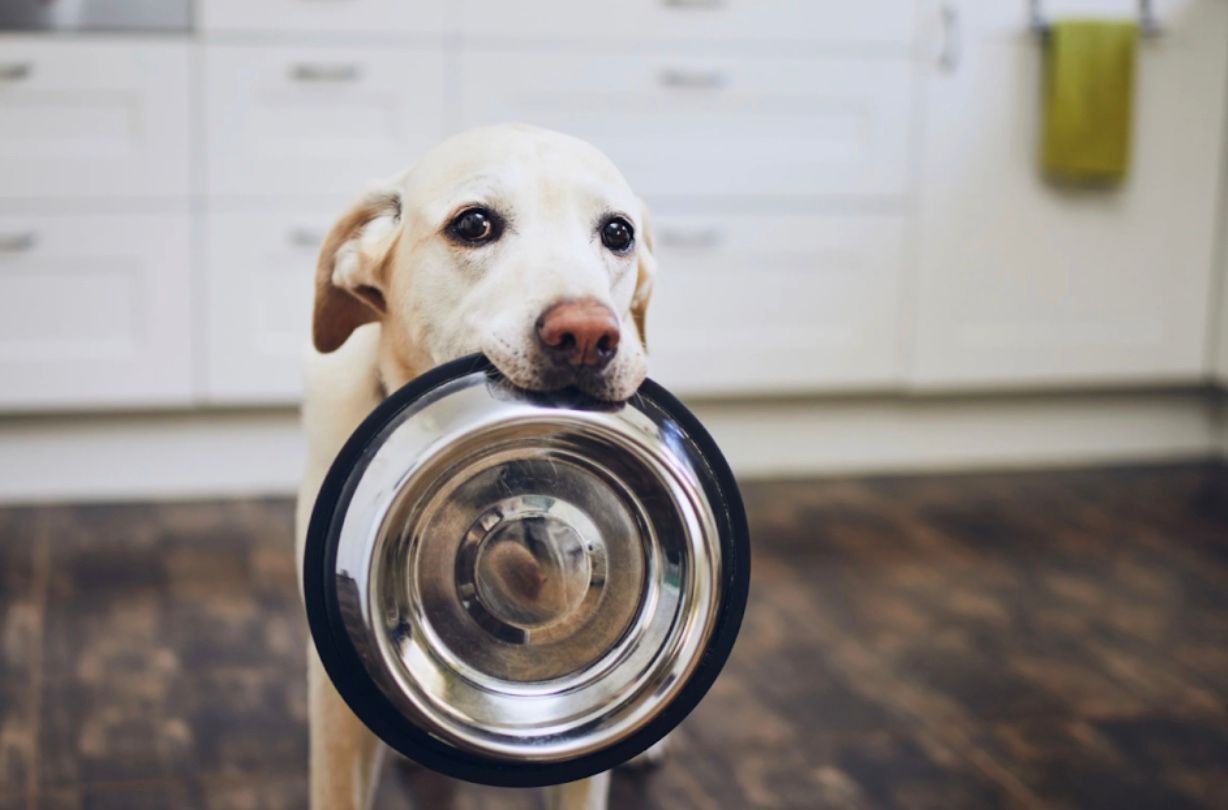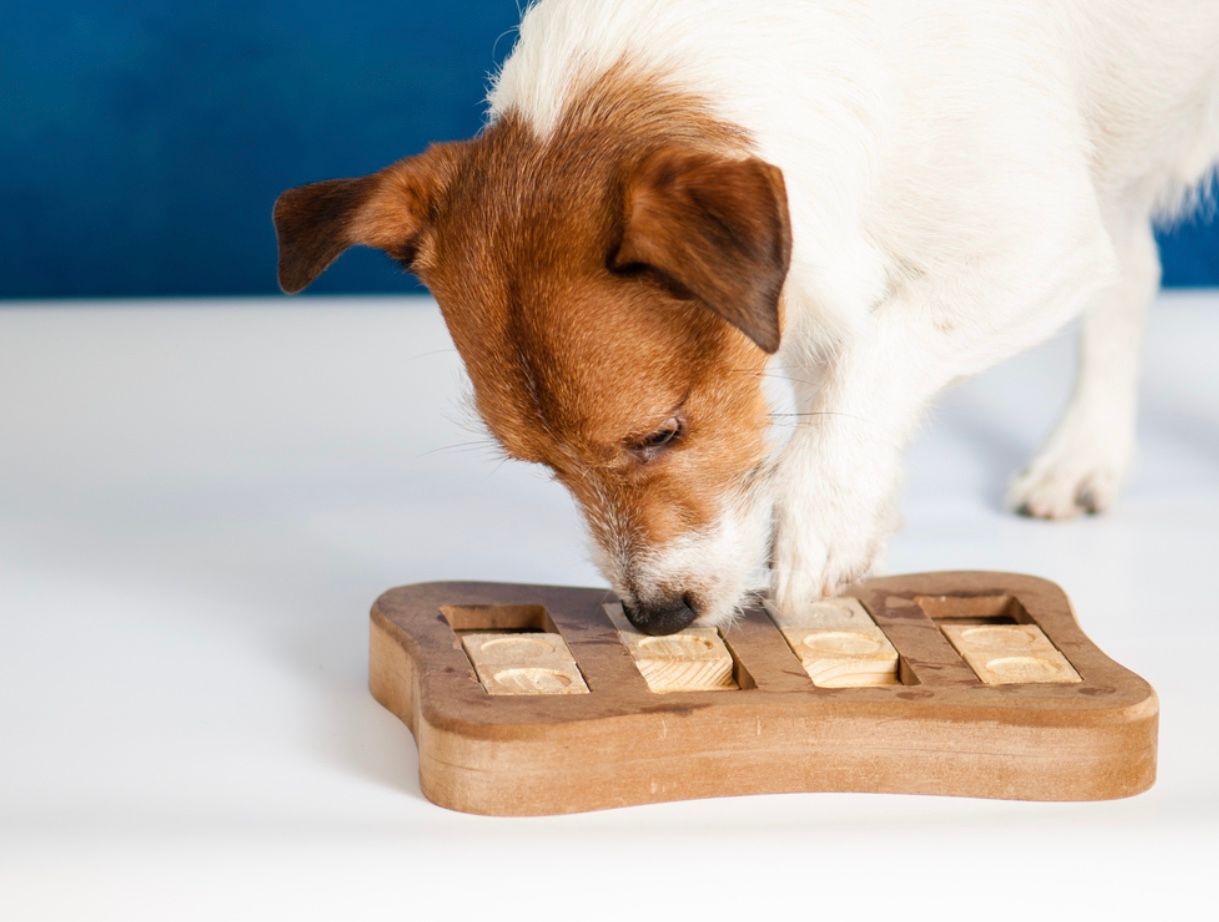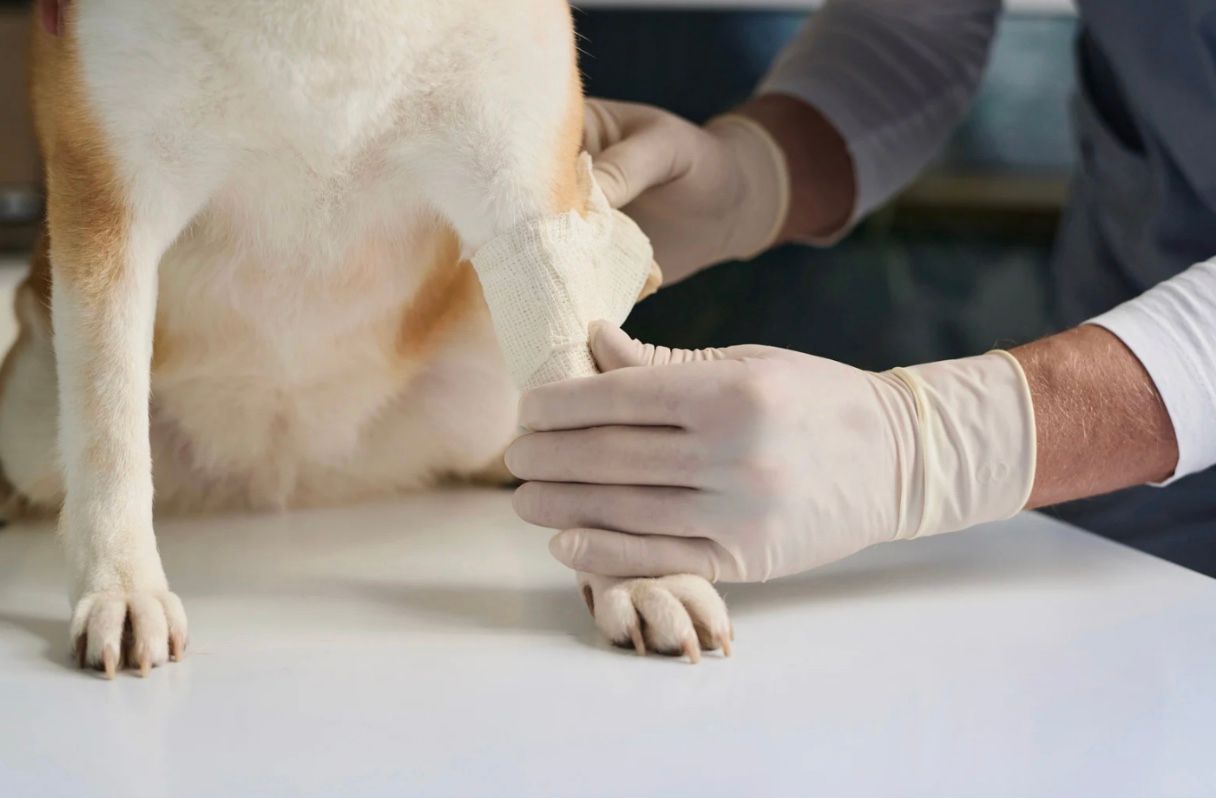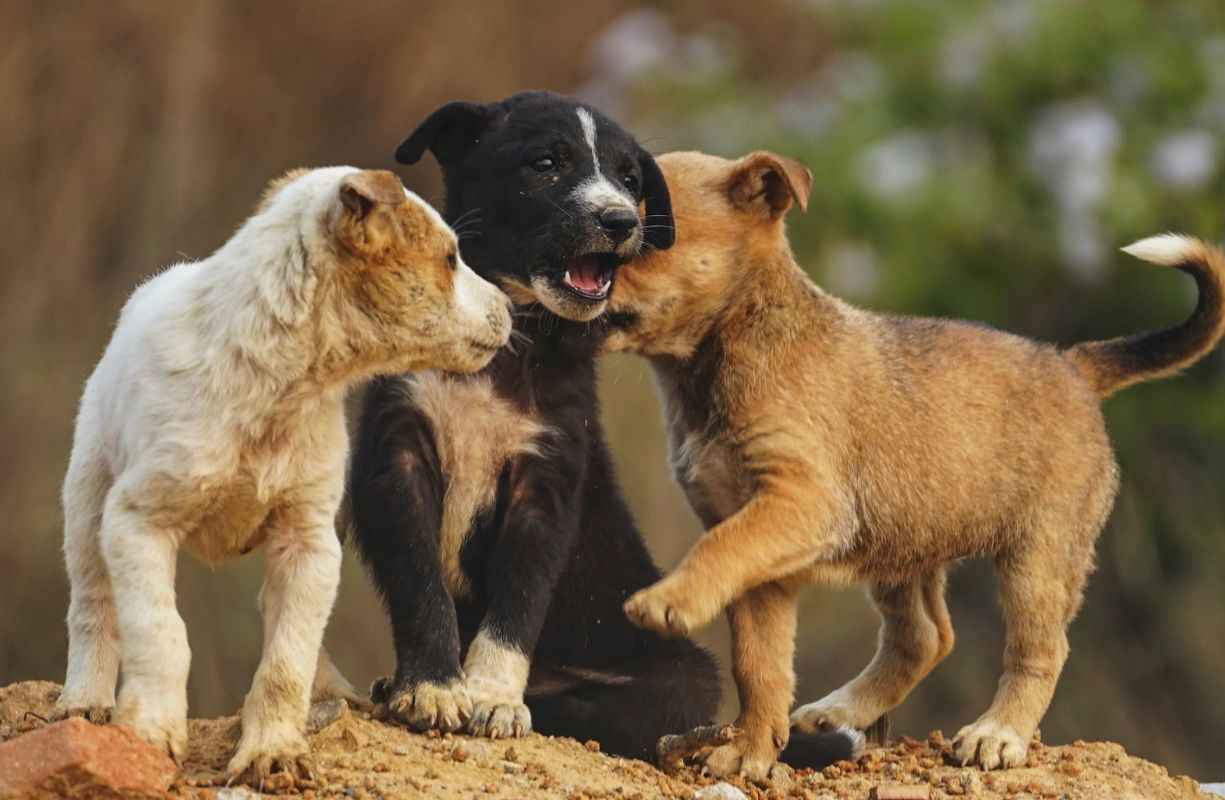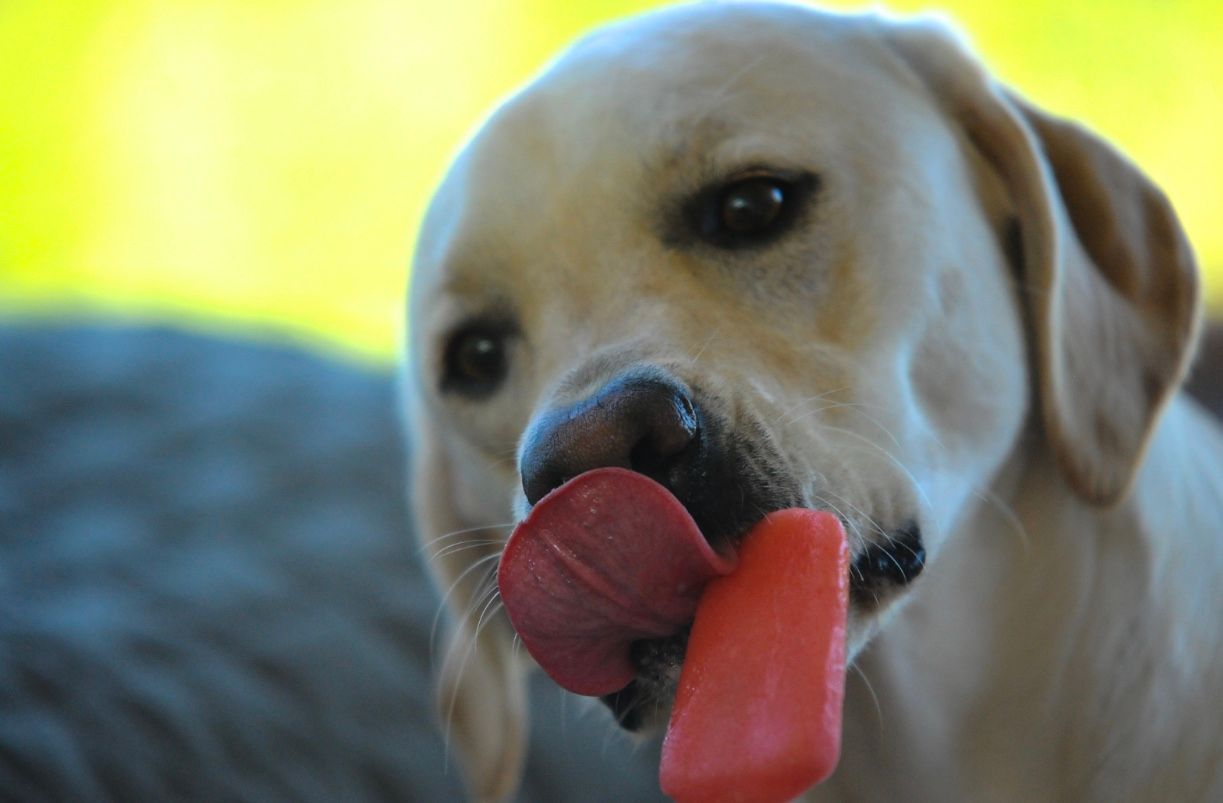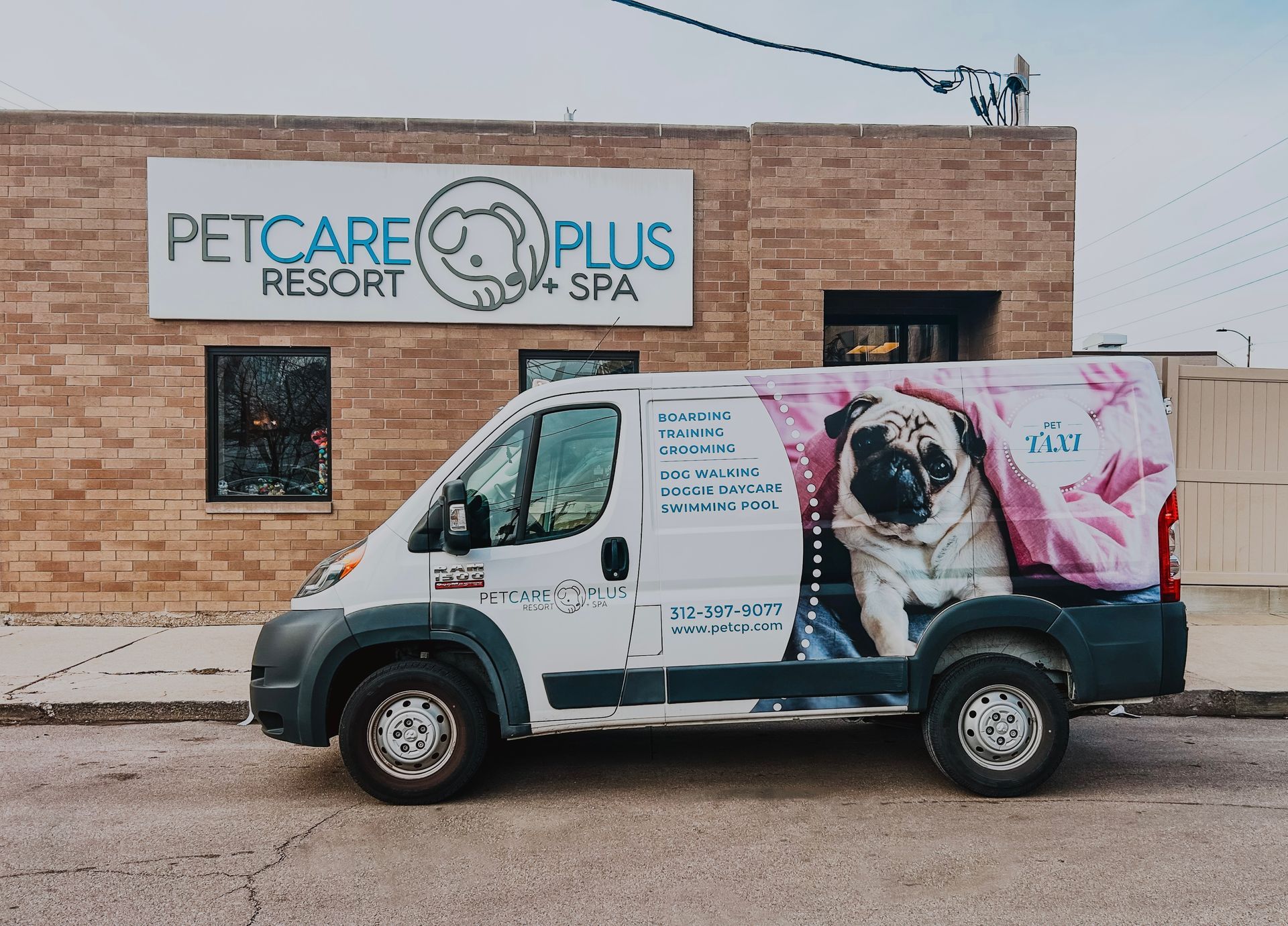The Key to a Happy Pup: The Importance of Puppy Socialization
You may have had a new addition to the family over the holidays that is starting to explore the world more and you may be wondering when is the right time to start daycare. Well that time is now! Maybe your socialization to this point is limited to dog walks and maybe getting together with some friends here and there but picture this: a pup confidently striding through the dog park, greeting fellow canines with friendly sniffs and playful barks, tail wagging with joy. This scene doesn't happen by chance; it's the result of effective socialization during the early stages of a pup's life.
What is Puppy Socialization?
Puppy socialization is the process of introducing young dogs to a variety of experiences, environments, people, and other animals in a positive and safe manner. This critical period typically occurs between the ages of 3 weeks to 5 months (so the clock is ticking), during which puppies are most receptive to new encounters and formative experiences.
Why is Socialization Essential?
- Behavioral Development: Proper socialization lays the foundation for a well-adjusted, confident, and friendly dog. Puppies exposed to diverse stimuli during this critical period are less likely to develop fear or aggression towards unfamiliar situations, people, or animals later in life.
- Prevention of Behavioral Issues: Unsocialized puppies may grow into anxious, fearful, or reactive dogs, leading to behavioral issues such as aggression, excessive barking, or separation anxiety. By proactively socializing your pup, you can mitigate the risk of such problems arising.
- Building Trust and Confidence: Positive social experiences build your puppy's confidence and trust in the world around them. Each new encounter teaches them that the world is full of exciting possibilities rather than sources of fear or anxiety.
- Healthy Relationships with Other Dogs: Dogs are inherently social animals, and early socialization fosters healthy interactions with their fellow canines. Well-socialized puppies learn appropriate play behavior, communication signals, and how to navigate social hierarchies, leading to fulfilling and enjoyable interactions with other dogs throughout their lives.
- Adaptability: Exposure to various environments, sounds, sights, and people helps puppies adapt to different situations with ease. Whether it's a trip to the vet, a visit to the groomer, or a family vacation, a well-socialized dog is more likely to remain calm and composed in unfamiliar settings.
How Can Pet Care Plus Resort & Spa Help?
We can play a vital role in the socialization process by providing a safe and supervised environment for puppies to interact with other dogs and humans. Here, they can learn valuable social skills, burn off excess energy, and receive positive reinforcement from trained staff members.
At Pet Care Plus Resort & Spa, we understand the importance of puppy socialization, which is why we offer specialized puppy daycare programs tailored to meet the unique needs of young dogs. Our experienced team ensures that your puppy receives the necessary socialization experiences in a controlled and supportive setting.
Remember, puppy socialization is not just a luxury. It can also be a fundamental aspect of responsible pet ownership. By investing time and effort into socializing your puppy during their formative months, you're laying the groundwork for a happy, confident, and well-adjusted adult dog. Not to mention burning off energy to keep that chewing at home to a minimum!
So, let's give our furry friends the best start in life and watch them flourish into paw-some companions! Remember, every wag of their tail and every friendly sniff is a testament to the importance of puppy socialization.

